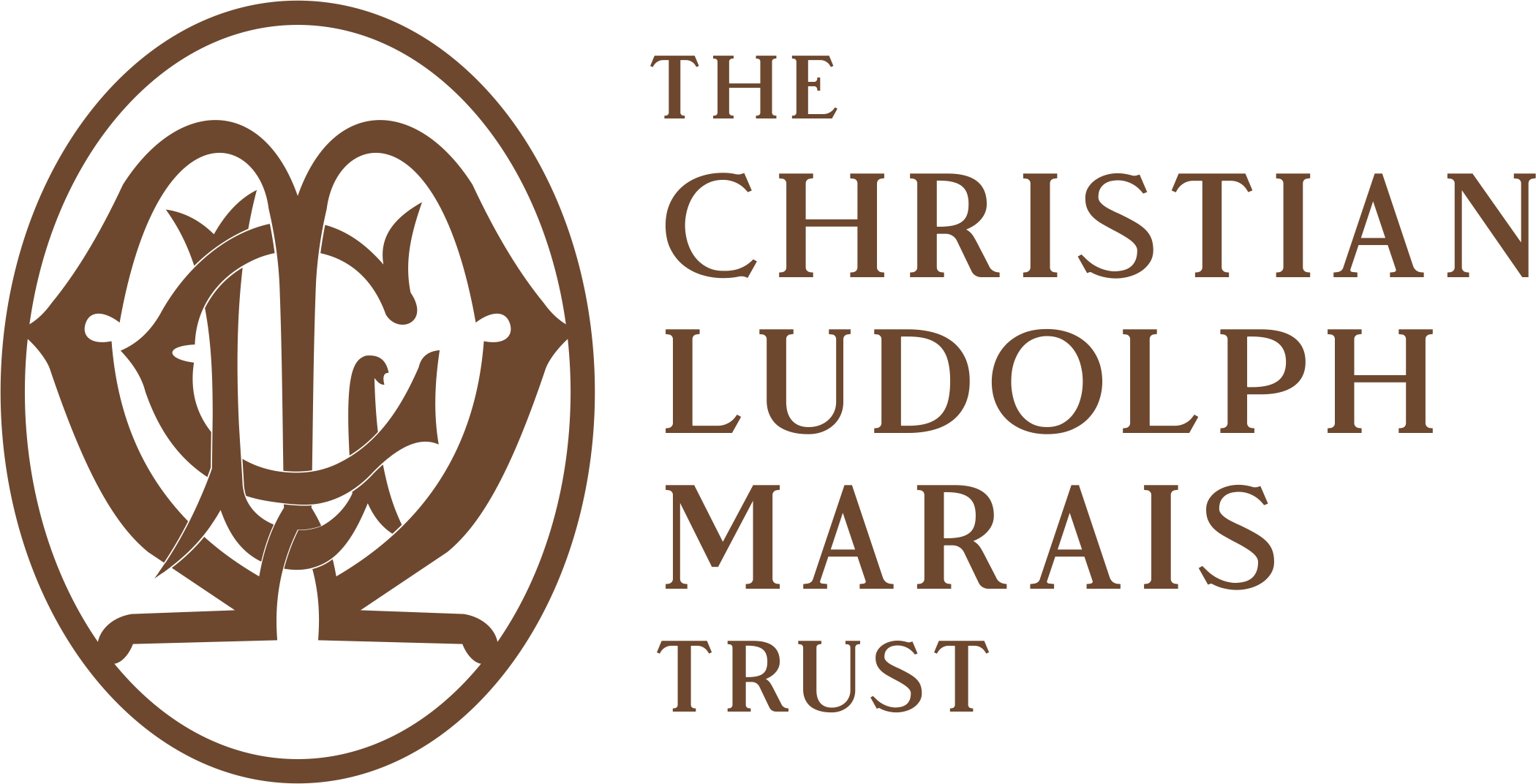CAPE TOWN CITY BALLET
The Southern Hemisphere’s oldest ballet company and one of the oldest in the world. 1934 University of Cape Town Ballet Company, 1964 CAPAB Ballet Company, 1997 Cape Town City Ballet (CTCB). Section 21 company, not for gain.
STAY UPDATED on news, productions and events by subscribing here
CAPE TOWN CITY BALLET
The Southern Hemisphere’s oldest ballet company and one of the oldest in the world. 1934 University of Cape Town Ballet Company, 1964 CAPAB Ballet Company, 1997 Cape Town City Ballet (CTCB). Section 21 company, not for gain.
STAY UPDATED on news, productions and events by subscribing here
UNIQUELY SOUTH AFRICAN
The CTCB is renowned throughout South Africa and internationally for the diversity of works in the repertoire and the dancers for their inimitable energy and style – characteristics that stamp the company as uniquely South African. The CTCB has a long-standing practice of developing South African choreographic talent. Many of our foremost South African choreographers were given opportunities early in their careers to create works on the CTCB and its forerunners. These include Veronica Paeper, Christopher Kindo, and Sean Bovim, who still create extensively both here and abroad, and more recently Lindy Raizenberg and Kirsten Isenberg. The CTCB is committed to the development of choreographers and to the creation of uniquely South African and African ballets.
GOVERNANCE
The CTCB is governed by a Board of Directors, and is able to operate with a small staff, due to the high calibre and experience of the incumbent of every single post – both artistic and management.
There is a total of four people in the management team, and it currently employs 28 dancers on full-time contract. It uses students from its extensive development programmes to supplement the corps de ballet when necessary. One wardrobe staff member ensures that the costumes, some of which date back to the 1970s and are still being used, are in good order for forthcoming productions.
 HISTORY
HISTORY
Dr Dulcie Howes, the founding Artistic Director of the company, was adamant that, from the moment of formation, this dance company would give opportunity to talent, irrespective of race or colour. She proved to be formidable in this regard and throughout her directorship, both the ballet company and the training programme gained a reputation for ensuring that opportunity for training and employment was open to all, despite the ruling laws of the time.
Professor David Poole, her successor, continued this tradition and the UCT training programme was one of the few in the country that graduated students from across all communities in the country.
The Company has in the past been the home of such dancers as Mzonke Jama, Kevin Muller, Sharon Paulsen, Christopher Kindo, Laveen Naidoo, Jack Wyngaard, Llewellyn de Villiers and Desiree Samaai, all of whom have made names for themselves in dance overseas, as well as in South Africa. Under his guidance, the CAPAB Co reached international standards of production and direction, and enjoyed constant interaction with directors and teachers from abroad.
In her time as Artistic Director and Resident Choreographer of the CAPAB Co, from 1990 to 2005, Veronica Paeper wrote over 40 ballets, full-length and one-acters. Even after her retirement as the Artistic Director of the CAPE TOWN CITY BALLET in 2005, this Company retains her works and reproduces them regularly, to the delight of her many supporters.
Her Orpheus in the Underworld, Don Quixote, Carmen, Camille and Cinderella continue to draw audiences, while her Drie Diere, to the music of South African composer, Peter Klatzow, remains the definitive South African balletic creation.
In 1997 the Cape Town City Ballet became an entity and NPO in its own right under the Executive Directorship of Professor Elizabeth Triegaardt, who filled this post through tumultuous times for Ballet in South Africa, guiding and developing the company whilst maintaining exacting artistic standards until her retirement in March 2018. Professor Triegaardt remained on the Board of Directors until April 2019. Former principal ballerina, Tracy Li filled the position of Acting Executive Director from April to September 2018, after which the current CEO took office.
TODAY
CTCB has intensified the original philosophy of opportunity for talent into one that actively searches for, and creates, training, performance and choreographic opportunities for young dancers from previously disadvantaged communities. In addition, the CTCB has a committed objective to ensure that the company is at least 90% staffed, both in the artistic and administrative spheres, by South Africans, which is driven by a policy to ensure the advancement of black South Africans.
DEAR SPONSORS: WE THANK YOU FOR YOUR COMMITMENT
Your membership funding is invaluable to us in achieving our goals:
• To delight anew our loyal supporters • To inspire new audiences to love ballet • To nurture and grow our young talent












